From Frogs to Life On Mars, Children Make Big Discoveries in Science Week
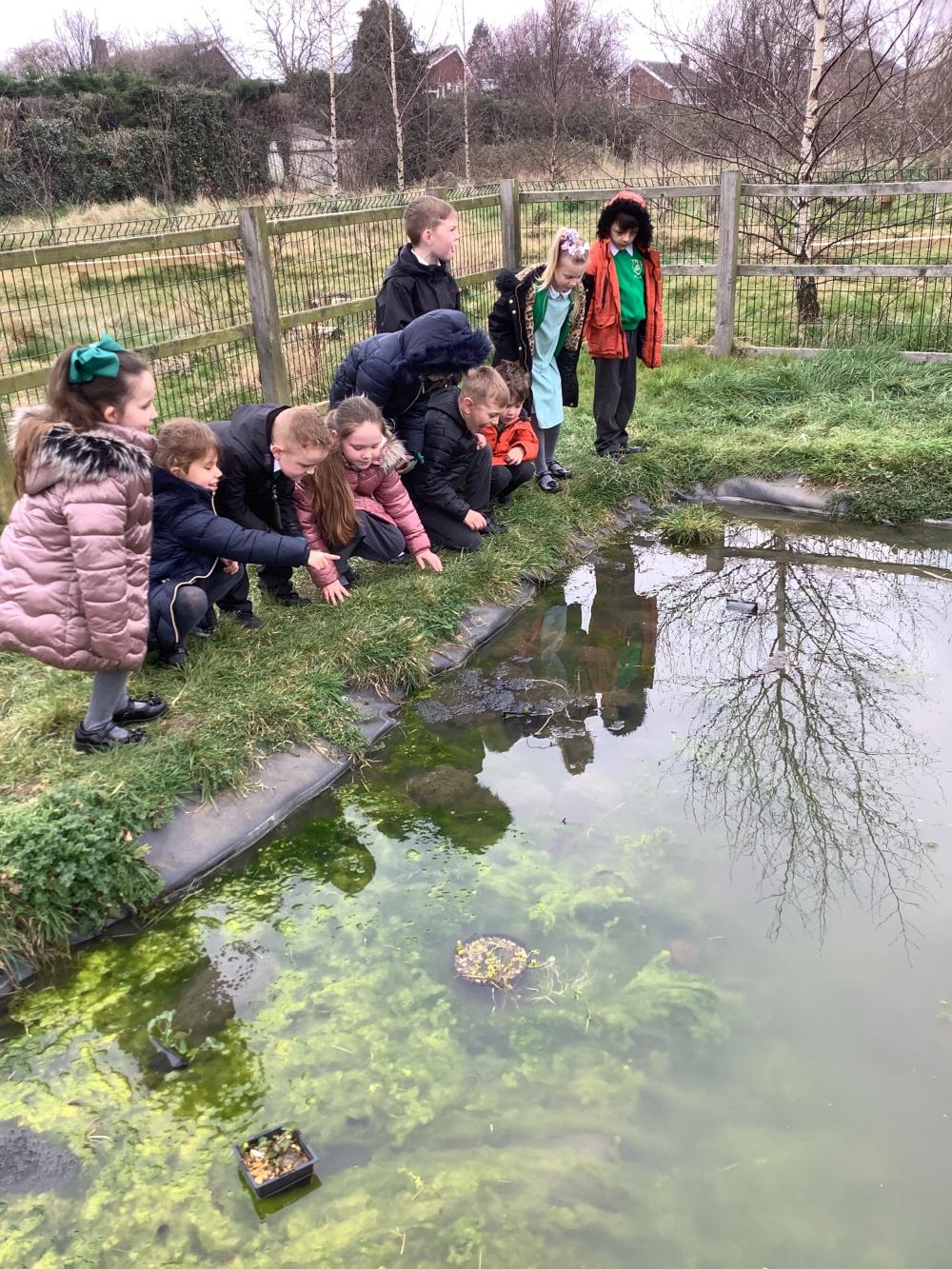
Indus class visit the wildlife area to observe the frogspawn and frogs living in the pond. The children discussed their findings before creating a poster to explain the lifecycle of a frog. Pictured (l-r) are Daisy Binnon, Katrin Todorova, Teddy-Phillip Bird-Mason, Heidi Walker, Leo Arnett, Daniel Fisher, Jack Lambert, Ava Sharpe and Korey Bouskill.
Science Week provided a host of opportunities for Pilgrim Academy children to learn indoors and out as they studied everything from the lifecycle of frogs to how to survive on Mars.
Reception pupils made a fantastic discovery in the pond at the beginning of the week, which fitted perfectly with ‘Growth’, and led the children in KS1 to create some amazingly accurate posters about the lifecycle of frogs.
Outside gym activities promoted exercise and well-being, which is so important for growth within children. Linked to this, some of the Key Stage 1 children were using non-standard units of measure to measure the height of their classmate, and presented the results using simple bar charts.
Pupils in Years 3 and 4 were busy making microscopic machines called amino acids, in the form of paper. Proteins in our bodies are built from these smaller blocks of amino acid, and their order and shape are very important to help build the correct ‘machine’ for body parts to work. The children had to apply their knowledge of shape and sequences accurately to form their own ‘working’ amino acids.
In Years 5 and 6, the children were having some fantastic conversations and applying their knowledge of MRS GREN to create ‘monsters’ who might be able to survive on Mars! Tucana were also seen in pretty sticky situations at the end of the week when they donned their engineer hats to investigate how big they could make slime grow. They used their mathematical skills to compare their growth to other stretchy things too.
Leanne Kapka, Curriculum Leader for Science at Pilgrim Academy, said: "Science Week is very important for all of our children as they learn more about the planet and how we all grow and develop. The pupils were so interested in all of the projects we did during the week and it gave them all some new and valuable experiences. Science is involved in everything we do and the pupils will continue to learn more about it as they continue their journey through primary and secondary school."
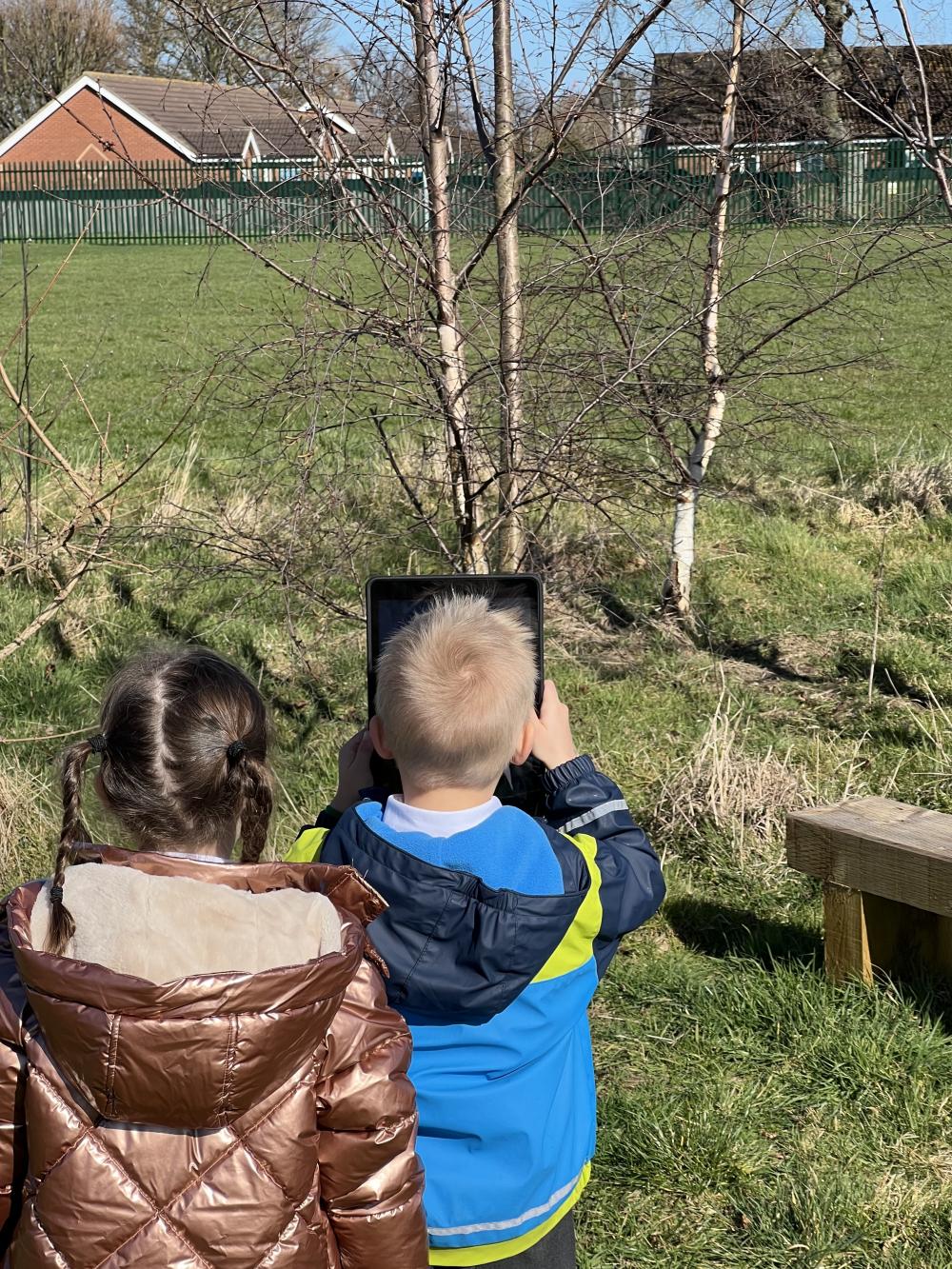
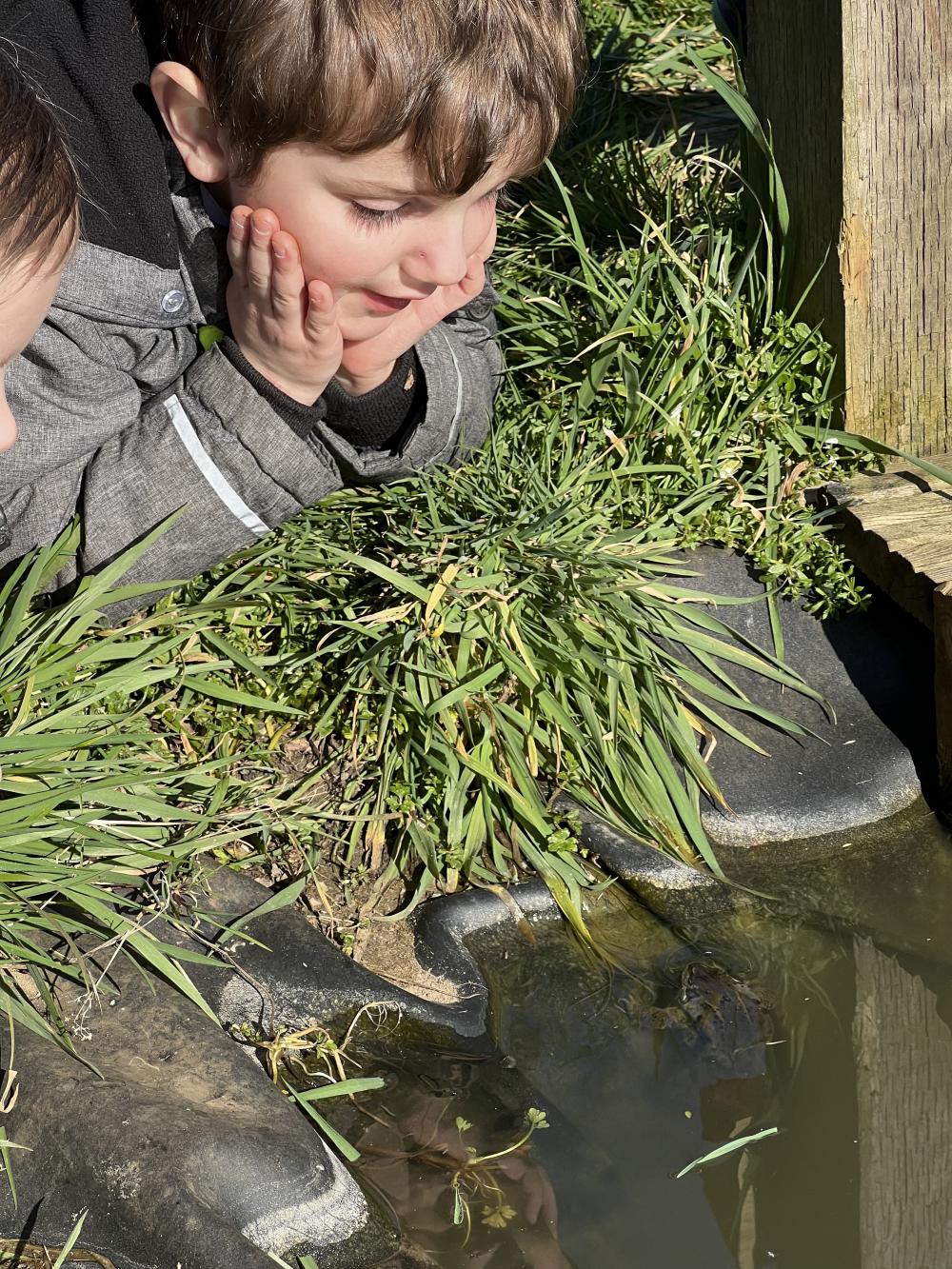
Above and below: Observing the frogs and the frogspawn.
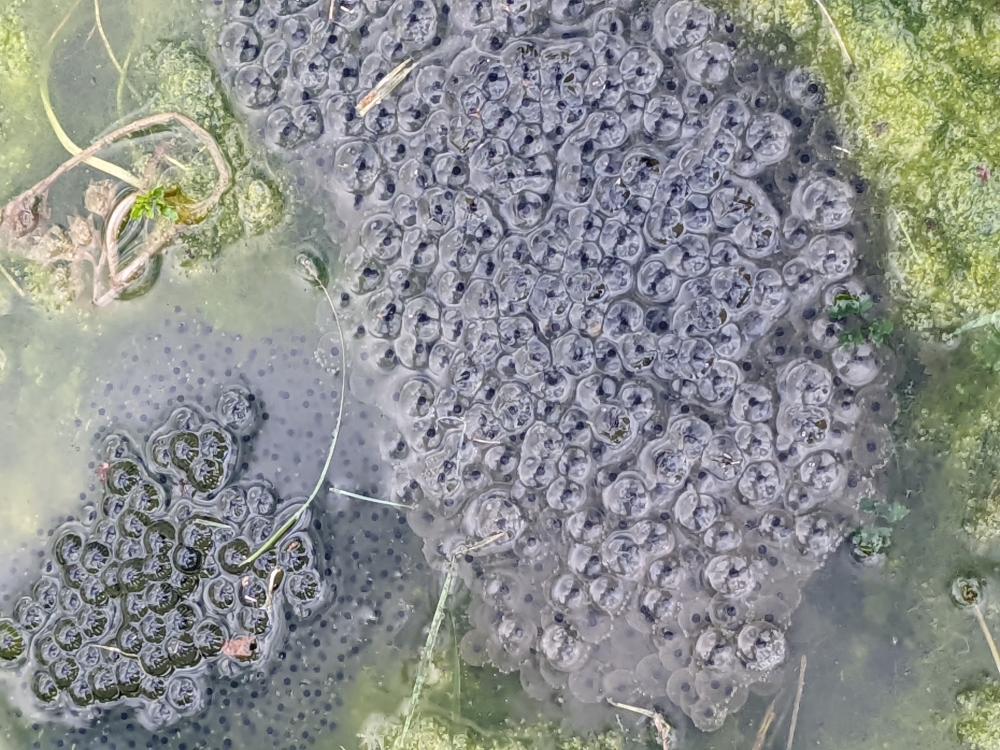
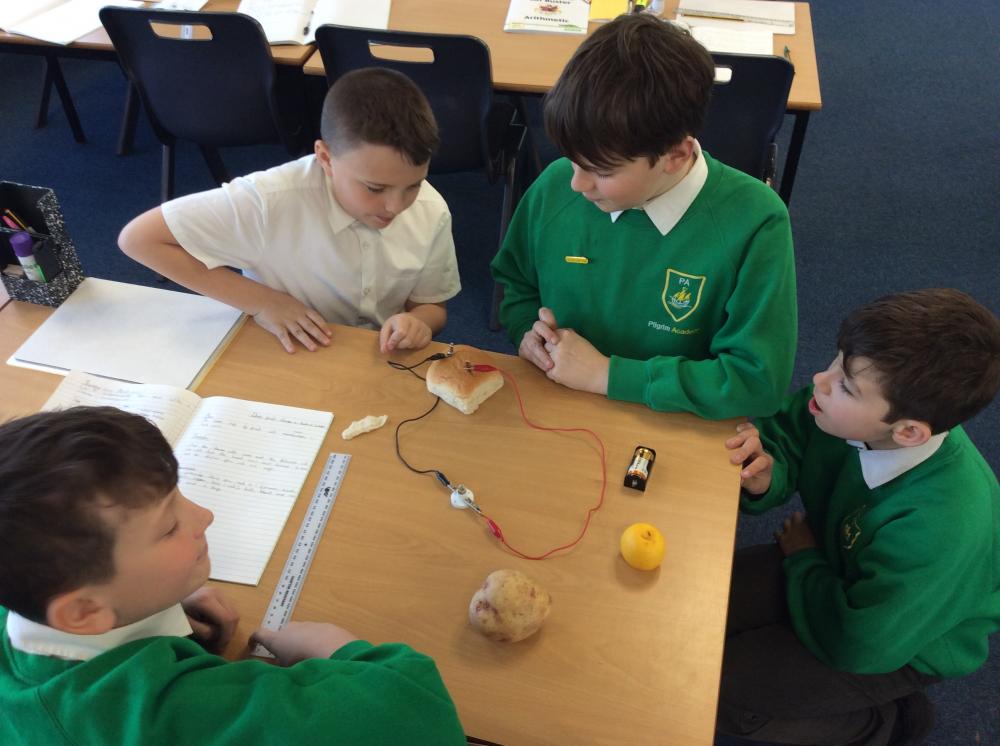
Instead of using a battery in a series circuit, Tucana tested whether we could use a lemon, a potato or a bread roll to power a light bulb. Pictured (l-r) are: Kayne Brophy-Metcalfe, Oliver Woods, Daniel Plaskitt-Stanley and Ashton Wrightham.


